Ford CEO Jim Farley confirms that the Chinese EV industry is rapidly rising as a threat to the company’s business as Ford attempts to learn and adapt to an evolving EV market where Chinese automakers could emerge as potent contenders in multiple EV segments.
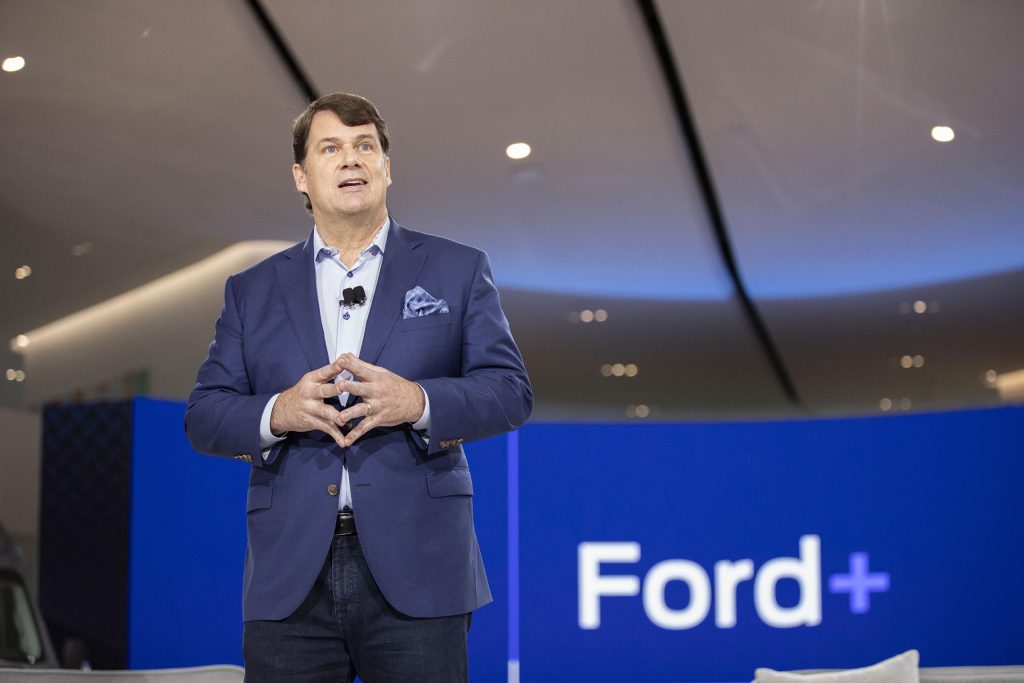
Ford CEO Jim Farley releases new warning about the threat of the Chinese EV industry in a recent interview.
When Ford CEO Jim Farley visited China back in May, he returned to deliver an ominous warning saying that the Chinese EV industry is an “existential threat” to Ford with EV products from Chinese companies already consuming large swaths of the Chinese domestic market as more buyers flock to EVs that are attempting to appeal to mass market buyers.
This has the potential to be repeated on a global scale with Ford and other companies now being forced to learn from the Chinese while also adapting their sales and marketing plans as they attempt to remain competitive while also blunting the rapid advances in EV sales that the Chinese automakers have enjoyed in recent years.
Chinese EV industry a growing concern
In a recent interview with the Wall Street Journal, Farley ratcheted up his rhetoric stating that recent moves by Chinese firms in the EV industry pose a grave threat to Ford’s business. Farley claims that part of the threat comes from the rapid pace that these firms are advancing in the EV industry with the companies benefitting not only from Chinese bureaucracy but also laws that allow them to implement certain technologies and plans easier versus another market like the United States.
This is a stark change from several years ago when the country was a net importer of vehicles with that status making it an ideal location for many foreign automakers including firms from the U.S. and Europe. However, the tide has turned and China is now exporting more vehicles than it imports with this shift eating into the market share of foreign automakers which were already hamstrung by regulations that put them at a disadvantage when compared to Chinese brands and their EV offerings. This strong growth has even encouraged Chinese automakers to explore sales in other markets with over 20% of vehicle sales in Mexico being made up of Chinese automobiles. In addition to enjoying preferential treatment politically, the companies also have a vast pool of cheap labor which allows every step of the vehicle-making process to be done at less cost which in turn allows a production vehicle from one of these companies to be sold at a cheaper price which gives a model like a BYD Seagull a distinct cost advantage when compared to more expensive foreign produced EVs.
More EV Stories
- Detroit Automakers Watch as Their Sales Collapse in China – and the U.S. Could be Next
- Biden Announces Sweeping Tariffs on Chinese Goods Including Electric Vehicles
- Chinese EV Imports Pose “An Extinction Level Event”
All is not lost
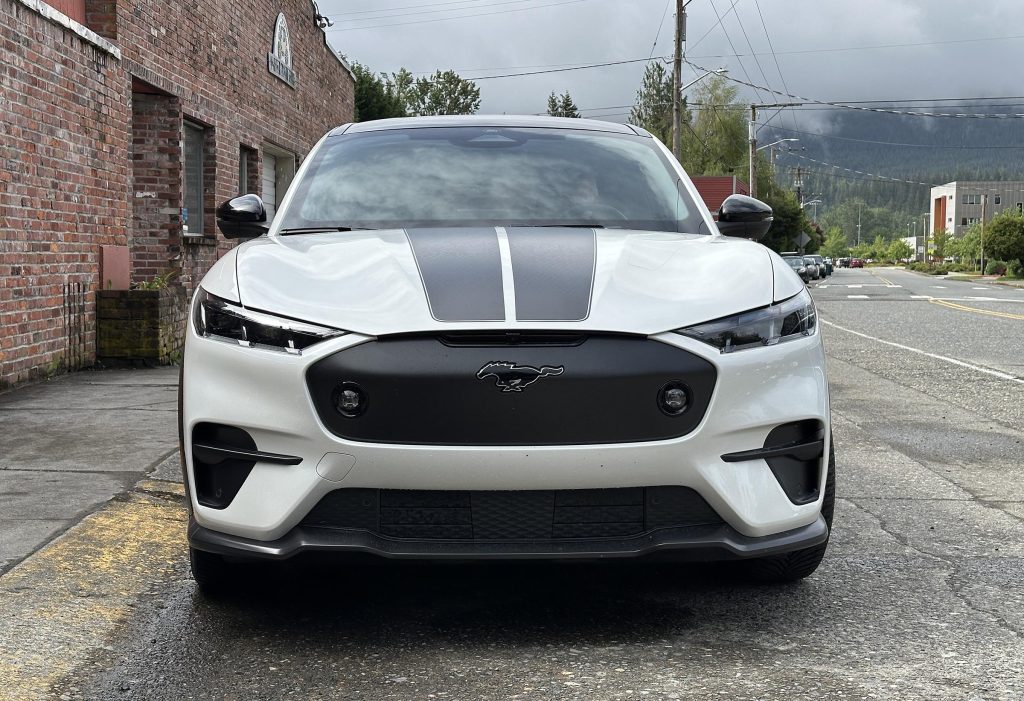
For now Chinese vehicles are being blocked from entering our market by beefed-up tariffs and other regulatory policies but Ford CEO Jim Farley says it might not be enough in the long run.
While Chinese automobile makers have enjoyed an early surge in expansion and sales, they still have not penetrated the U.S. and much of the European market. This is largely due to beefed-up tariffs that eliminate much of the cost advantage that these firms otherwise enjoy as well as the lack of a dealer and distribution network that makes the task of formally moving and selling vehicles in these markets much harder.
In addition to the logistical challenges, many customers still have a strong stigma against anything produced in China due to the quality of the goods that are assembled there with many Chinese products having a long and sometimes validated reputation for being cheap and often unreliable due to the way that they are assembled as well as being an indirect result of the firms attempting to produce them for less cost. Growing concerns about data privacy and the possibility of the Chinese Communist Party collecting data on owners also cause some buyers to stay away from Chinese EVs.
Farley remains committed to his views on the subject and warns that these present barriers might not be enough to keep Chinese EVs out of the market in the long run especially if the firms themselves adapt and make changes that will allow them to enter those markets to sell EVs and other vehicles in the distant future.

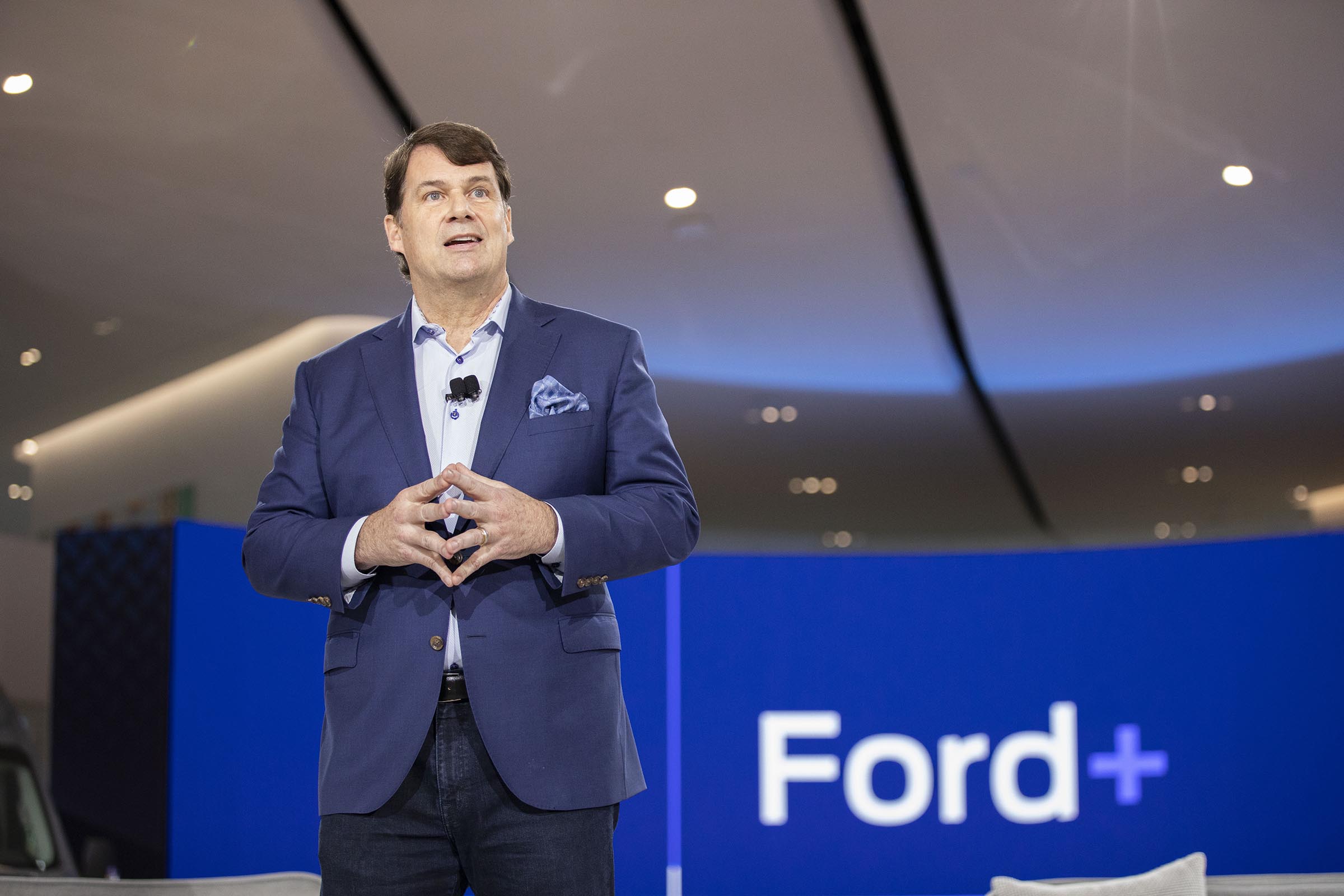
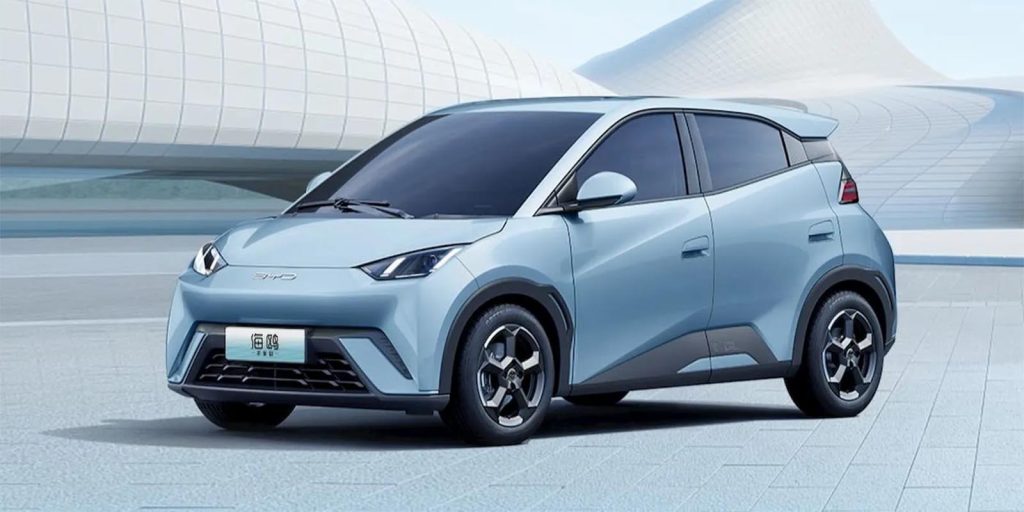
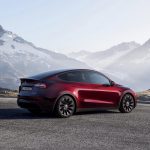

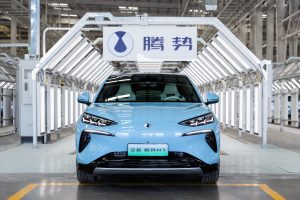
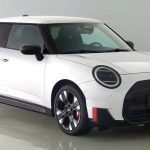
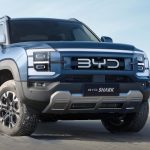

0 Comments